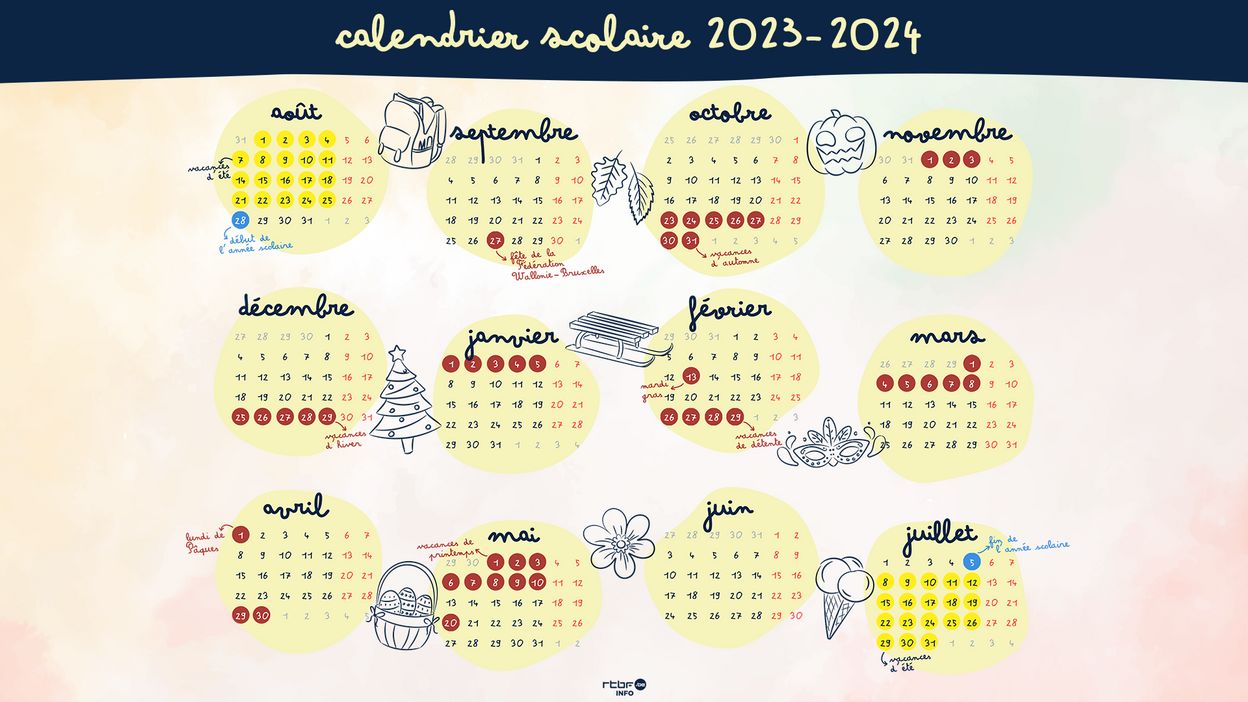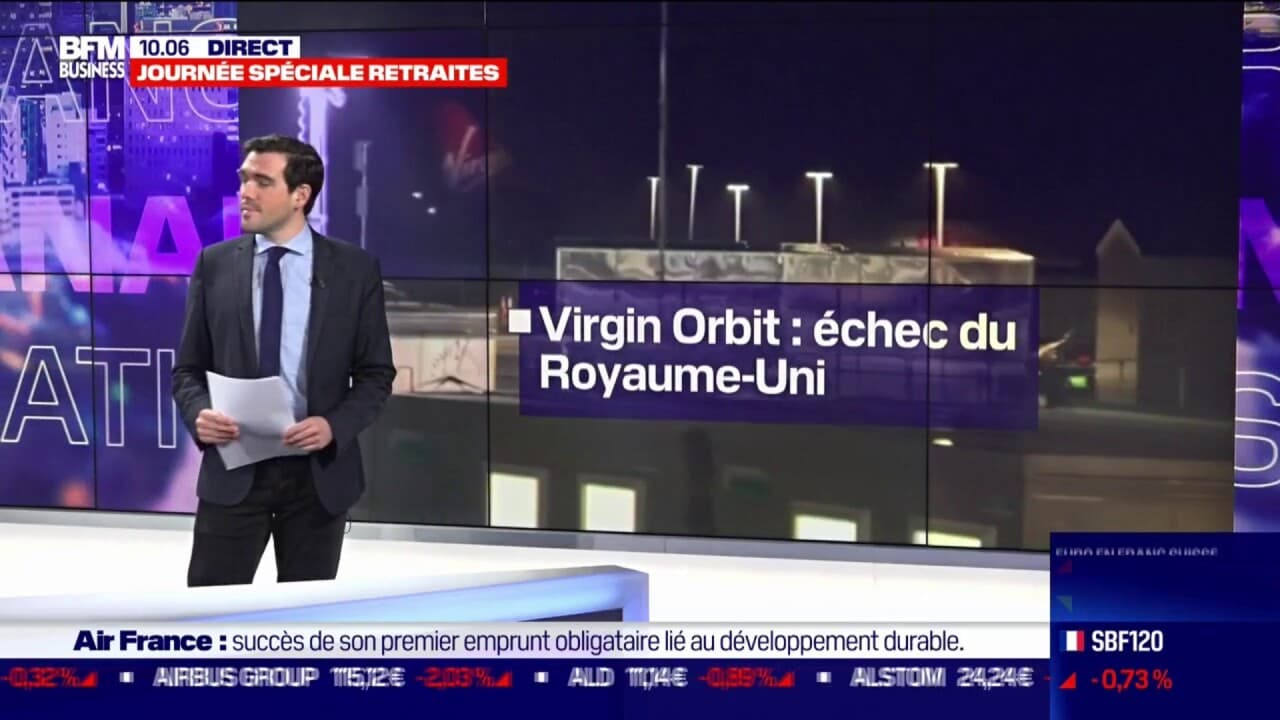FTC To Appeal Microsoft-Activision Deal Ruling: What's Next?

Table of Contents
The FTC's Arguments Against the Merger
The FTC's opposition to the Microsoft-Activision merger centers on concerns about anti-competitive practices and the potential for market dominance.
Concerns about Anti-competitive Practices
The FTC argues that the merger would substantially lessen competition in the video game market, particularly in the console gaming space. They believe this lack of competition will lead to:
- Higher Prices: Reduced competition could result in higher prices for games and consoles for consumers.
- Less Innovation: A lack of competitive pressure might stifle innovation and the development of new gaming experiences.
- Reduced Consumer Choice: The FTC is particularly concerned about Microsoft's potential to leverage its control over Activision Blizzard's titles, especially Call of Duty, to gain an unfair advantage.
The FTC’s statement highlighted the potential for Microsoft to make popular titles exclusive to its Xbox ecosystem, limiting consumer choice and harming competing platforms like PlayStation. This could severely impact other game publishers who rely on a multi-platform approach.
The Role of Call of Duty
Call of Duty is central to the FTC's argument. The immensely popular franchise is a significant revenue generator for Activision Blizzard and a major draw for gamers across multiple platforms.
- Market Dominance: The FTC fears that Microsoft gaining control of Call of Duty could give them an unfair advantage, potentially tipping the scales significantly in the console gaming market.
- Exclusivity Concerns: The possibility of Call of Duty becoming an Xbox exclusive is a major concern, potentially harming competitors like Sony PlayStation and significantly impacting the market share of other gaming consoles.
- Revenue Generation: Call of Duty’s substantial revenue stream further strengthens the FTC’s claim that the merger could lead to anti-competitive behavior and reduced consumer benefits.
The FTC's focus on Call of Duty reflects the significant impact this franchise has on the gaming landscape and the potential for it to be used as a lever to stifle competition.
Microsoft's Response and Defense
Microsoft has vigorously defended the acquisition, emphasizing its commitment to fair competition and maintaining Call of Duty's multi-platform availability.
Microsoft's Commitment to Fair Competition
Microsoft has countered the FTC's concerns with several arguments:
- Long-Term Deals: Microsoft has already signed long-term agreements with Sony to ensure Call of Duty remains available on PlayStation for several years, directly addressing one of the FTC's major concerns.
- Maintaining Multi-Platform Availability: Microsoft has repeatedly stated its intention to continue releasing Call of Duty on multiple platforms, including PlayStation, PC, and Nintendo Switch.
- Increased Competition in Cloud Gaming: Microsoft argues that the merger will actually increase competition in the burgeoning cloud gaming market, benefiting consumers in the long run.
The Implications for the Gaming Industry
This legal battle has far-reaching implications for the gaming industry and beyond:
- Future Mergers and Acquisitions: The outcome of this appeal will significantly impact how future mergers and acquisitions in the gaming industry are reviewed and regulated.
- Regulatory Scrutiny: This case sets a precedent for regulatory scrutiny of large tech acquisitions across various sectors, not just gaming.
- Investment Decisions: The uncertainty surrounding the Microsoft-Activision deal affects investor confidence and decision-making regarding investments in the gaming sector.
What Happens Next: The Appeal Process
The FTC's appeal will now proceed through the court system.
Timeline and Potential Outcomes
The appeal process involves several stages and could take considerable time.
- Filing and Briefing: Both sides will submit legal briefs outlining their arguments.
- Oral Arguments: A court hearing will be held where both sides present their cases before judges.
- Decision: The court will issue a decision, potentially affirming the original ruling, reversing it, or sending the case back to a lower court.
Potential outcomes include:
- Upholding the Original Ruling: The court could uphold the lower court's decision, allowing the merger to proceed.
- Overturning the Original Ruling: The court could overturn the decision, blocking the merger.
- Settlement: Microsoft and the FTC could reach a settlement agreement, potentially involving concessions from Microsoft.
The timeline for a final decision remains uncertain, with potential for significant delays.
Impact on the Activision Blizzard Stock Price and Investors
The FTC's appeal has created volatility in Activision Blizzard's stock price.
- Investor Uncertainty: Investors are understandably uncertain about the future, leading to fluctuating stock prices.
- Market Reactions: The stock market will closely monitor developments in the case, reacting to any significant news or developments.
- Long-Term Predictions: The long-term impact on the stock price will depend largely on the outcome of the appeal.
Conclusion
The FTC's appeal of the Microsoft-Activision deal introduces significant uncertainty into the future of the gaming industry. The arguments raised by the FTC regarding anti-competitive practices, particularly surrounding Call of Duty, stand in contrast to Microsoft's claims of promoting competition and maintaining multi-platform availability. The appeal process, which could involve extensive delays, will ultimately determine the fate of this $69 billion merger. The outcome will have far-reaching implications for future mergers and acquisitions in the gaming sector and the broader technology industry. Stay tuned for updates on the Microsoft-Activision merger and follow our coverage for the latest developments in this ongoing legal battle. Subscribe to receive notifications on this critical case as it unfolds.

Featured Posts
-
 Meta Faces Ftc A Deep Dive Into The Instagram And Whats App Antitrust Case
Apr 23, 2025
Meta Faces Ftc A Deep Dive Into The Instagram And Whats App Antitrust Case
Apr 23, 2025 -
 Pentrich Brewing At The Factory History Beers And Visits
Apr 23, 2025
Pentrich Brewing At The Factory History Beers And Visits
Apr 23, 2025 -
 Royals Opening Day Triumph 11 1 Victory Against Brewers
Apr 23, 2025
Royals Opening Day Triumph 11 1 Victory Against Brewers
Apr 23, 2025 -
 Vacances De Detente 2025 En Federation Wallonie Bruxelles Dates Des Conges Scolaires
Apr 23, 2025
Vacances De Detente 2025 En Federation Wallonie Bruxelles Dates Des Conges Scolaires
Apr 23, 2025 -
 Actualites Economiques Du 18h Eco Lundi 14 Avril
Apr 23, 2025
Actualites Economiques Du 18h Eco Lundi 14 Avril
Apr 23, 2025
